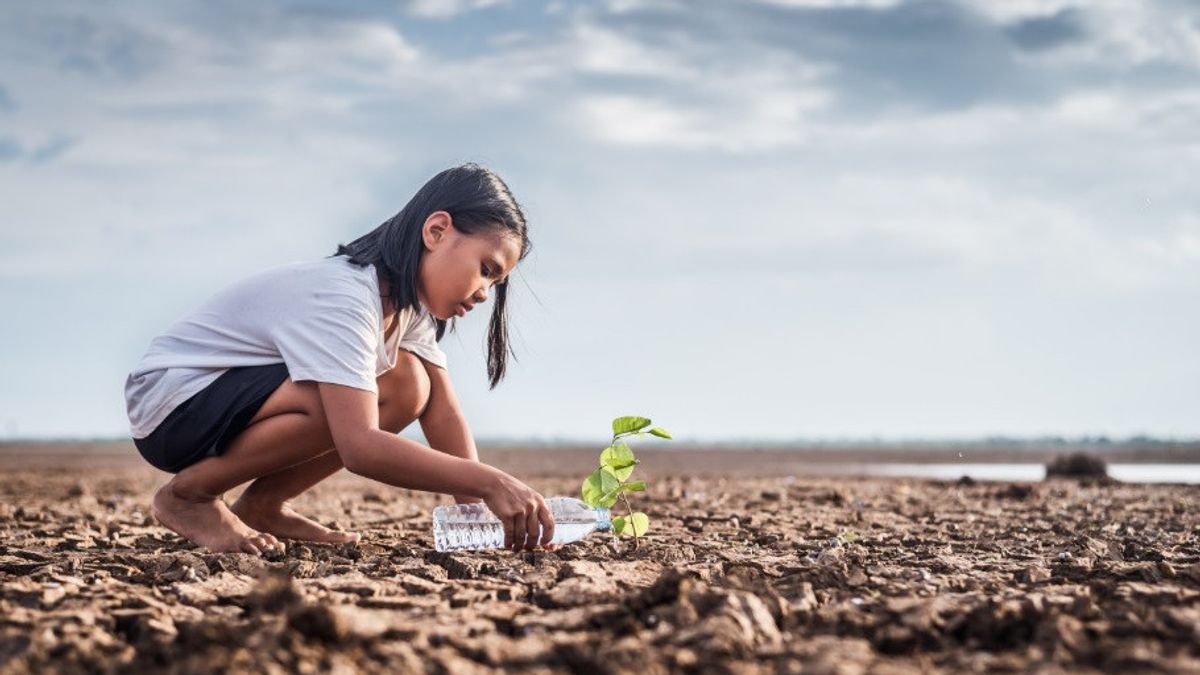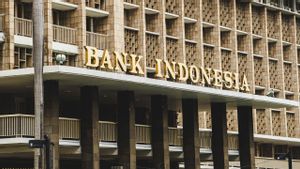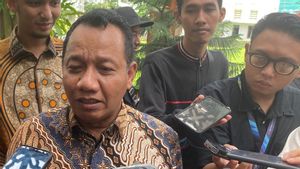JAKARTA - Coordinating Minister for the Economy Airlangga Hartarto said that Indonesia's vast forests and oceans have the potential to generate carbon credits that can be transacted at the global level to achieve emission reduction targets in many countries.
According to him, Indonesia can optimize this year's G20 Presidency to intensify this cooperation with developed countries in the forum.
"Indonesia has a potential revenue of US$ 565.9 billion or equivalent to Rp. 8,000 trillion from carbon trading in the forestry, mangrove and peat sectors," he said in a press statement, quoted Wednesday, March 16.
It is stated that at least five sectors contribute to carbon emissions, namely forestry and land, agriculture, energy and transportation, waste, and industrial processes and product use. He revealed that the government is currently working on various policies to tackle carbon emissions in these various sectors.
For example, continued Airlangga, policies in the land sector in the form of peat restoration, mangrove rehabilitation, and prevention of deforestation into agricultural land. Then, in the field of waste, including waste management through a circular economy.
"The fiscal sector includes the implementation of a carbon tax and the complete elimination of energy subsidies by 2030," he said.
Furthermore, Airlangga also explained the policies implemented in the energy and transportation sectors, for example by switching to electric vehicles up to 95 percent of total vehicles and using New and Renewable Energy approaching 100 percent by 2060.
For information, the average climate change budget reaches 4.1 percent of the APBN. Of that amount, 88.1 percent of which was spent in the form of green infrastructure as the main capital for the transformation of the green economy in the country.
Indonesia's commitment to reducing carbon emissions is contained in Law Number 71 of 2021 and Presidential Regulation Number 98 of 2021 which sets a target for reducing greenhouse gas emissions in Indonesia of around 29 percent with their own efforts and 41 percent with international support by 2030.
"Indonesia has set a net zero emission target in 2060 or sooner if it gets international support," concluded Coordinating Minister Airlangga.
The English, Chinese, Japanese, Arabic, and French versions are automatically generated by the AI. So there may still be inaccuracies in translating, please always see Indonesian as our main language. (system supported by DigitalSiber.id)













